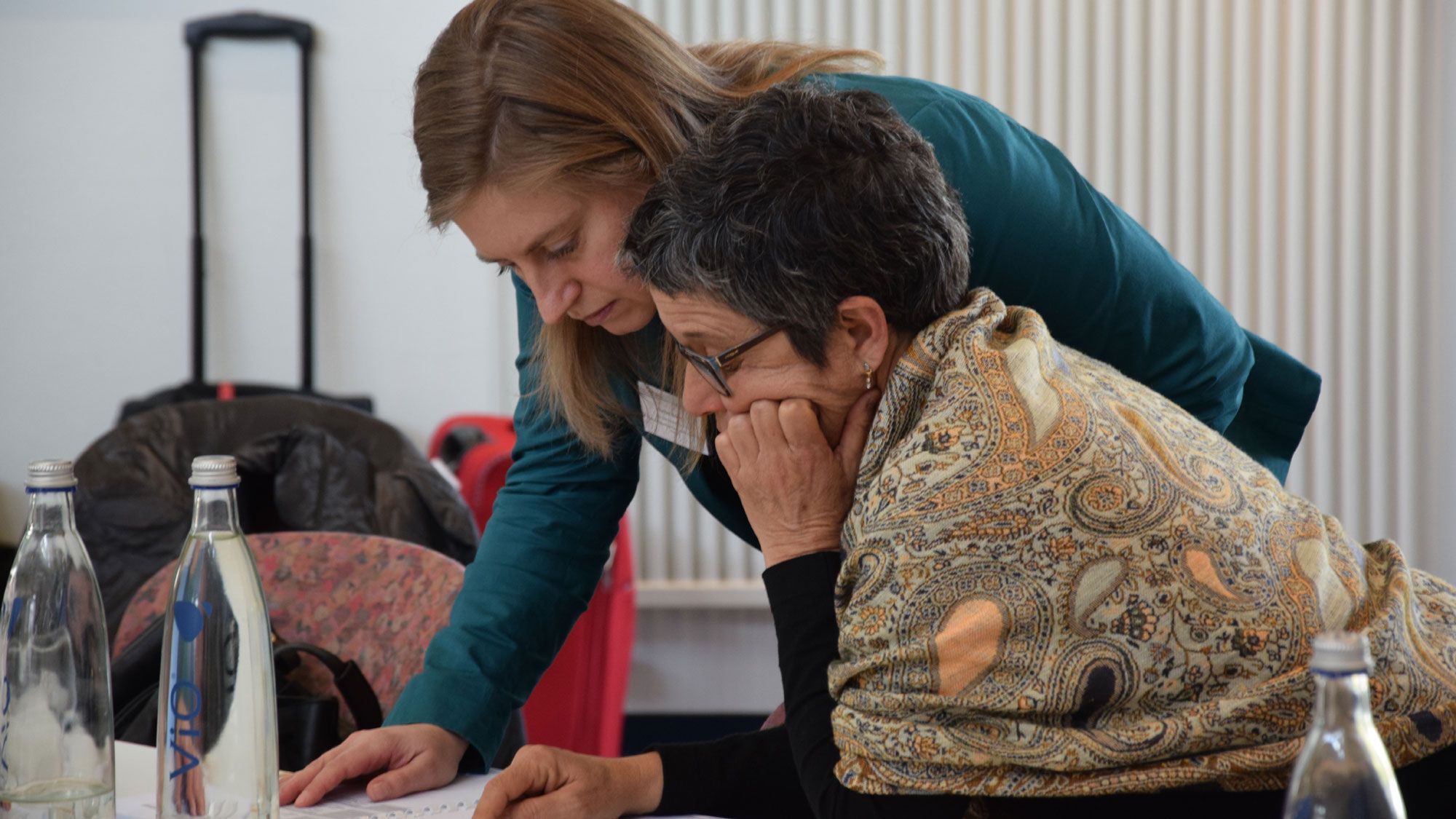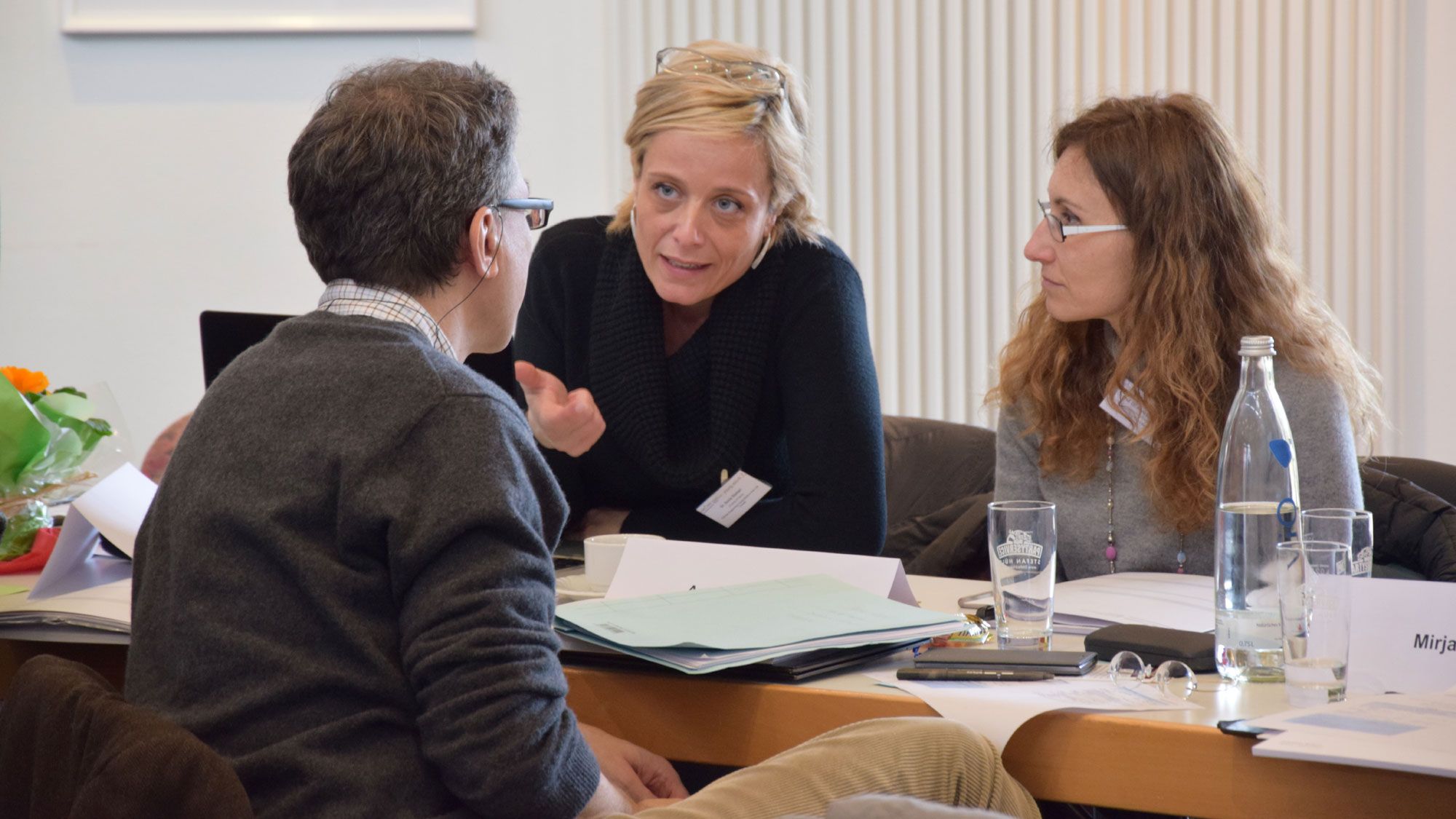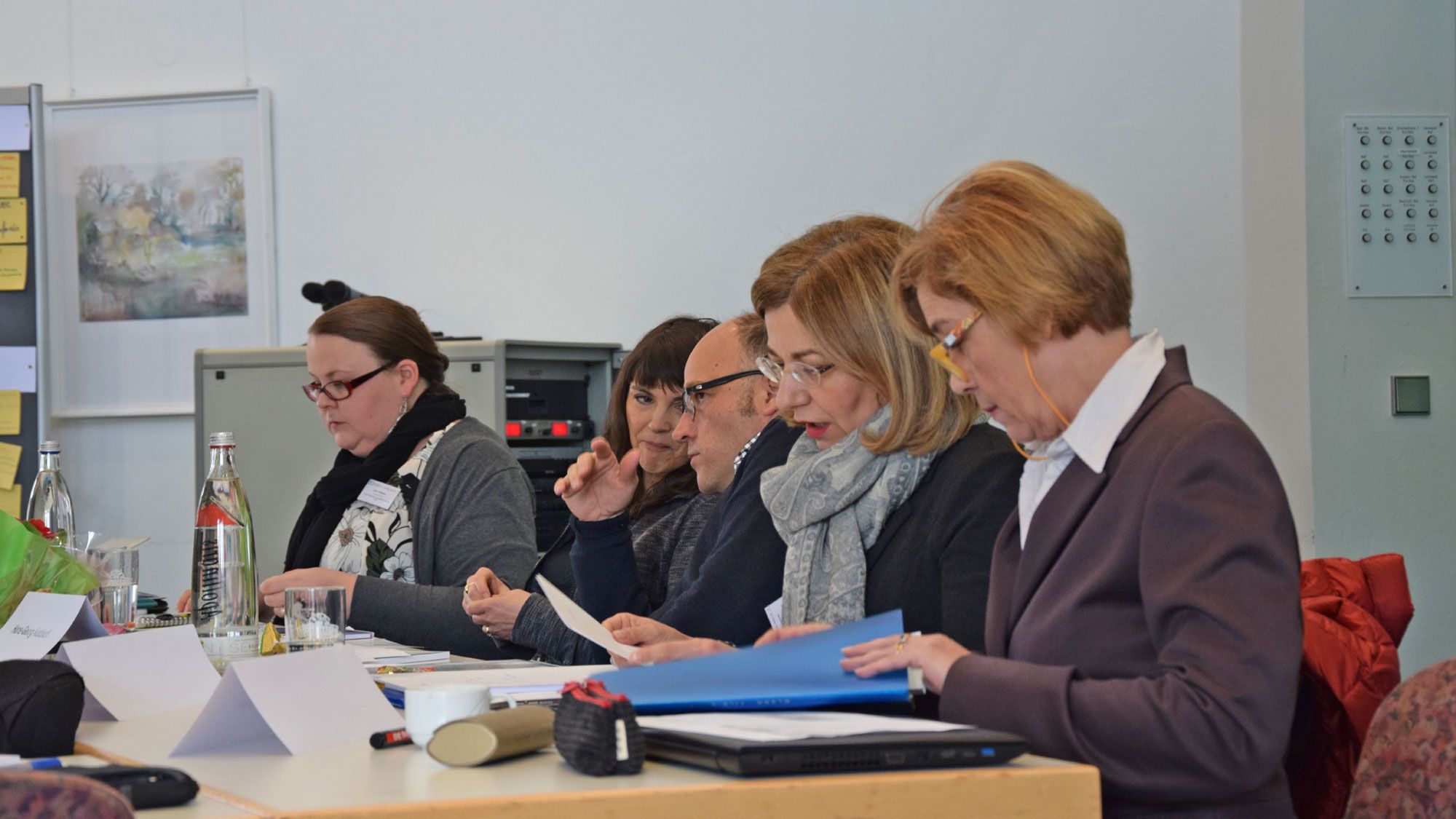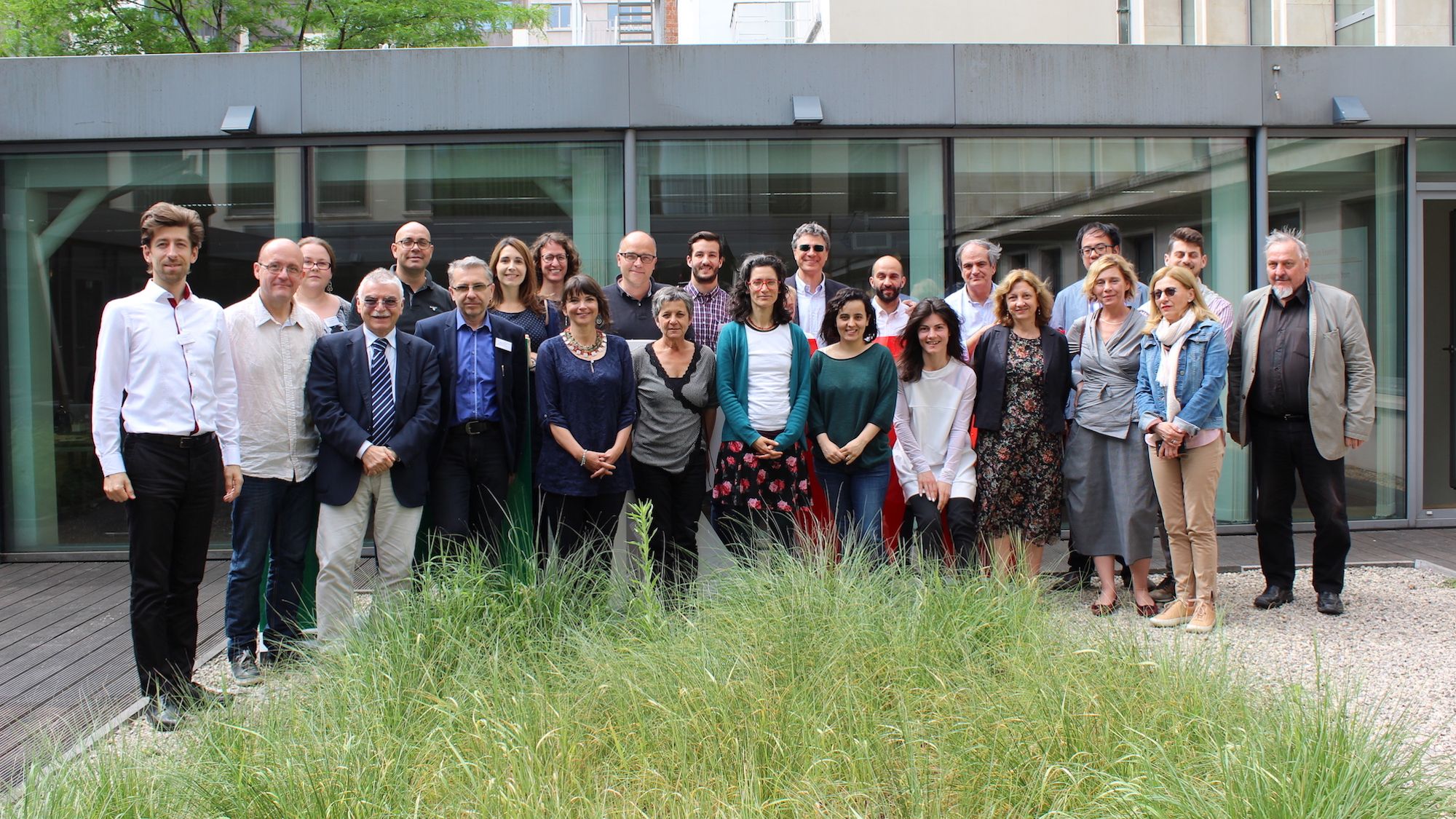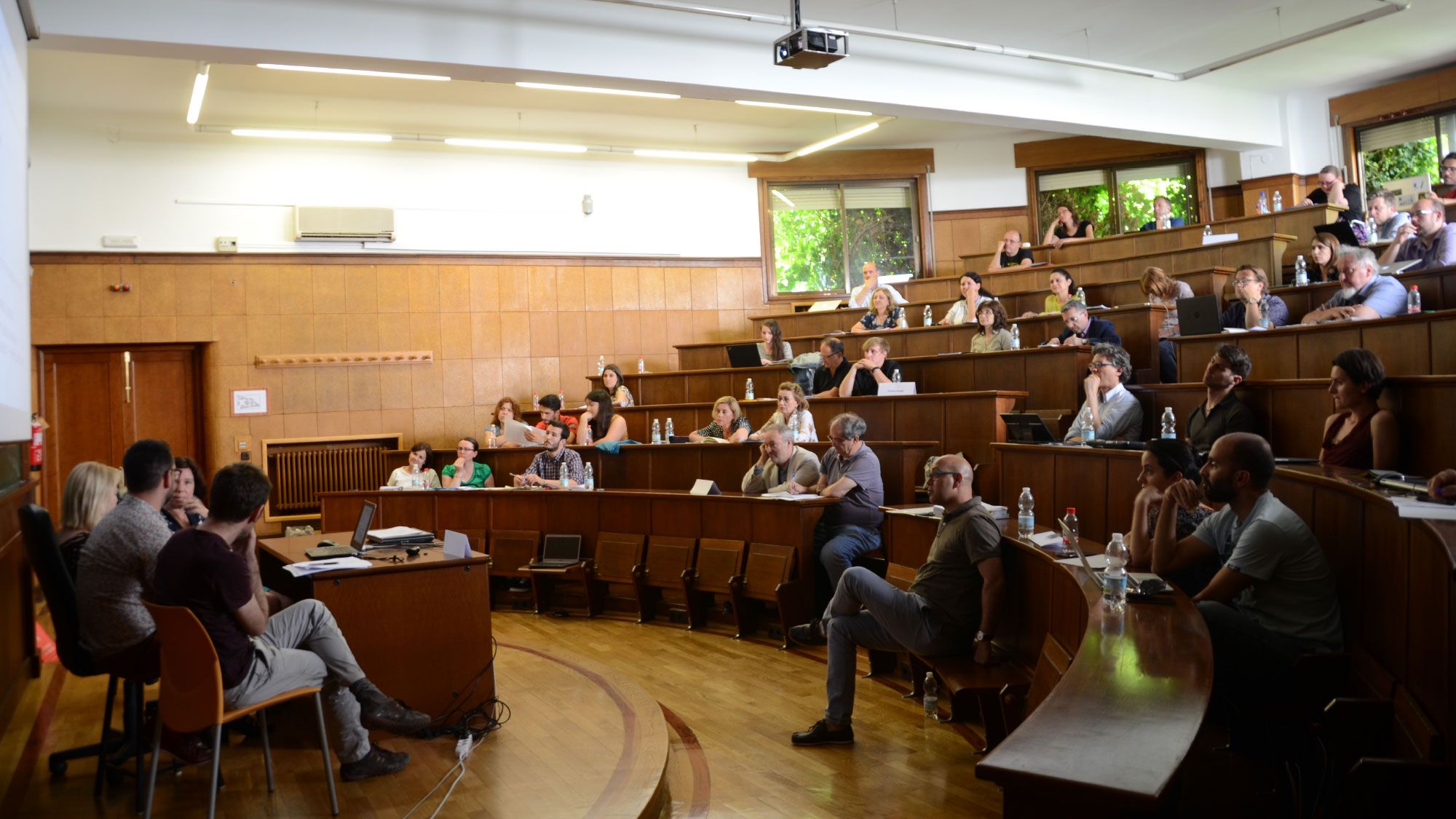De-standardisation (life course)
TheSocial Sciences and, in particular, Life Course Research have highlighted that one of the consequences of Modernisation is life course standardisation (Brückner & Mayer, 2005). Specifically, mass education, the rationalisation of the production processes, the Welfare State and the ‘bureaucratic’ age-based settlements of individual rights and duties have sharpened the institutionalisation of biographies, tending to synchronize the sequence of 'biographical steps’. Contextually, at a cultural level normative frames have been reproduced (see the ‘age norms’), discriminating which moments of the life course are deemed ‘appropriate’ in relation to the diverse transitions (Mortimer et al., 2005). This seems to happen especially for transitions to adulthood, in which the acquisition of 'adult roles’ provides the sequence of a series of ‘markers’ (namely: the reaching of housing and economic independence, the definitive passage from school to work, the creation of a new family and/or the parenthood). However, it is the same Modernization that triggers some long-term structural and cultural change processes, creating conditions for the de-standardisation of the biographies. In Late Modernity (Giddens, 1990), in fact, the flexibility and the precarity of professional careers, the dematerialisation of the production processes, the globalization of markets, the secularisation and, more generally, the increasing individualization (Beck, 1986) have limited the predictability of life courses. Less and less representable as ‘outcomes’ of the institutional shaping, biographies appear increasingly as individual projects and also as potential fields of agency. This entails consequences on the life course structuring processes and the concept of transition itself, especially considering how, in a non-linear perspective increasingly connoted by the reversibility, the changes of status between different roles become less predictable. In this sense, the oscillating movements of the so called 'yo-yo transitions’ (Biggart & Walther, 2006) between educational and professional domains are quintessential, because they erode the consistency and the sequencing between training and employment trajectories, blurring the distinction between formal and informal domains and skills.
In YOUNG ADULLLT the de-standardisation is an important concept, because it allows a critical re-reading of the (normative and cultural) assumptions that influence the design of the policies targeting young adults and, in particular, of the programmes that aim to support transitions, implicitly referring to rather rigid models of individual trajectories. Moreover, to take into account the pluralization of the patterns of life courses contributes to the enhancement, in the research carried out by the project, of the subjective dimension in terms of attribution of diverse 'biographical meanings' and of resistance to the ‘age norms’.
References
Beck, U. (1986). Risikogesellschaft. Auf dem Weg in eine andere Moderne, Frankfurt a.M.: Suhrkamp Verlag.
Biggart, A. & Walther, A. (2006). Coping with Yo-yo Transitions: Young Adults’ Struggle for Support – Between Family and State in Comparative Perspective’, in Leccardi C., Ruspini E. (Eds.) A New Youth? Young People, Generations and Family Life, Aldershot: Ashgate, pp. 41-62.
Brückner, H. & Mayer, K. U. (2005). De-Standardization of the Life Course: What it Might Mean? And if it Means Anything, Whether it Actually Took Place?, in Macmillan, R. (Ed.). The structure of the life course: Standardized? Individualized? Differentiated? Advances in Life Course Research, Amsterdam: Elsevier, Vol. 9, pp. 27-53.
Giddens, A. (1990). The Consequences of Modernity, Palo Alto, CA: Stanford University Press.
Mortimer, J. T. & Shanahan, M. J. (Eds.). (2003). Handbook of the Life Course, New York: Springer.
Mortimer, J. T. et al. (2005). The Structure of the Life Course: Standardized? Individualized? Differentiated?, Advances in Life Course Research, Vol. 9, pp. 175-203.
Shanahan, M. J. et al. (Eds.). (2016). Handbook of the Life Course Volume II, New York: Springer.
(Sebastiano Benasso)


